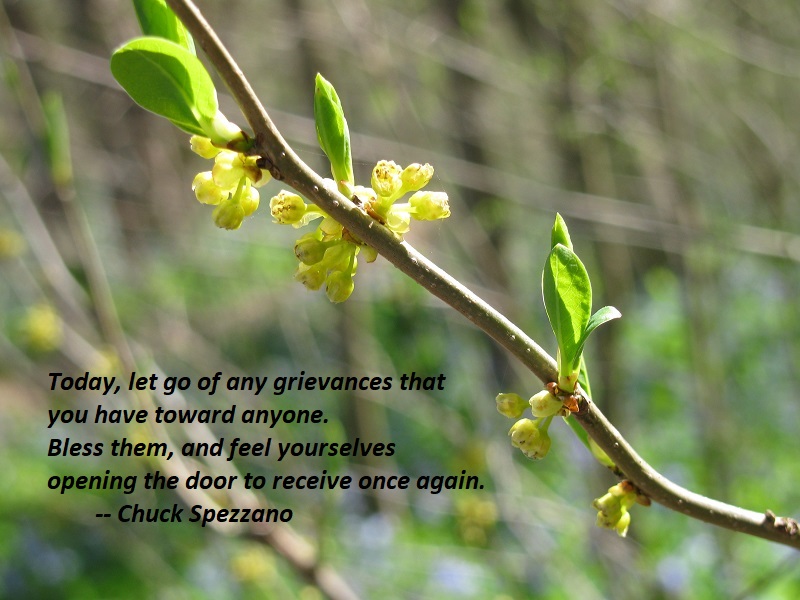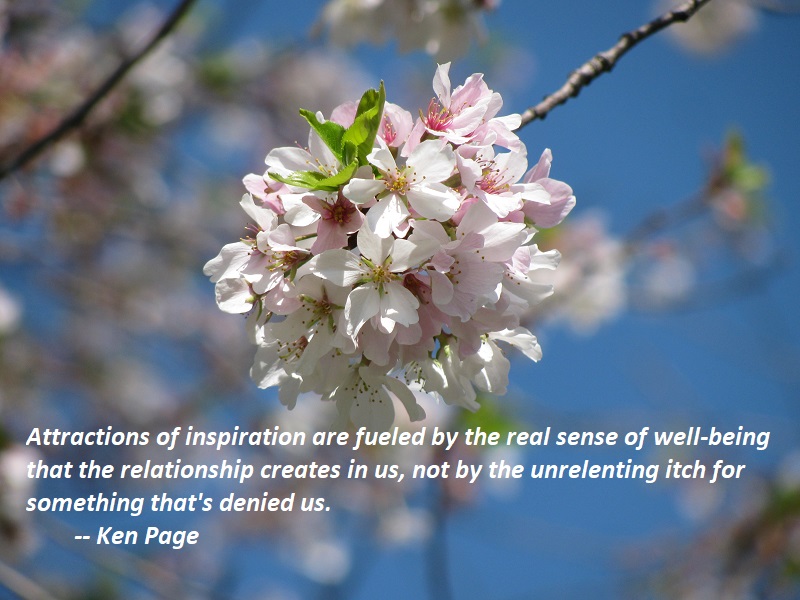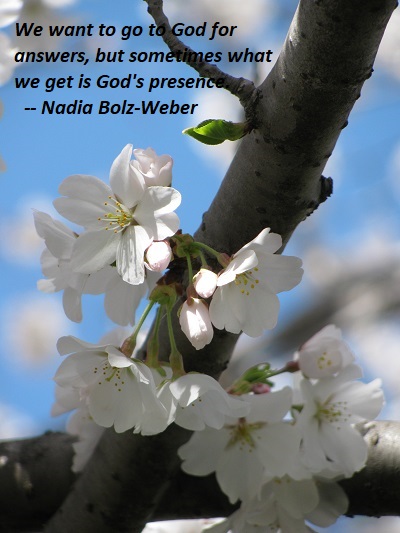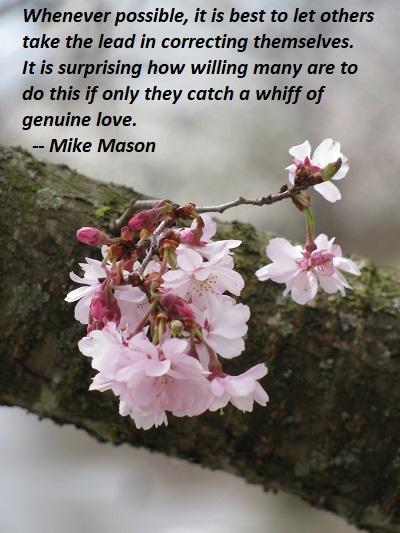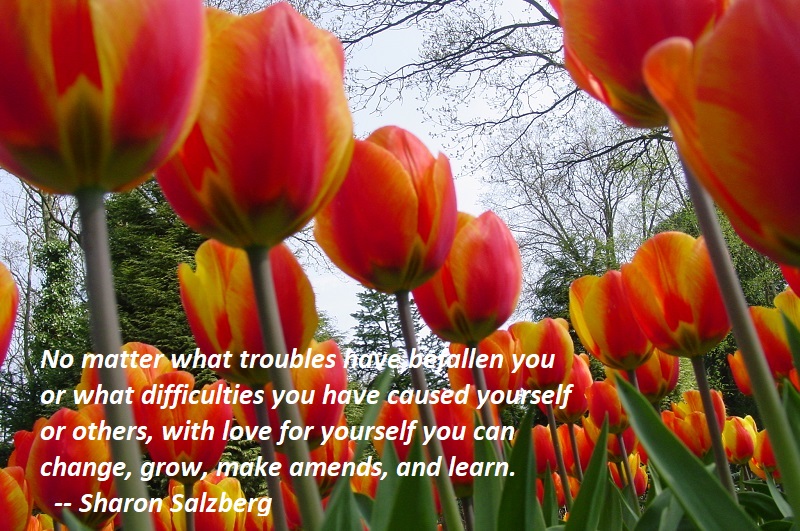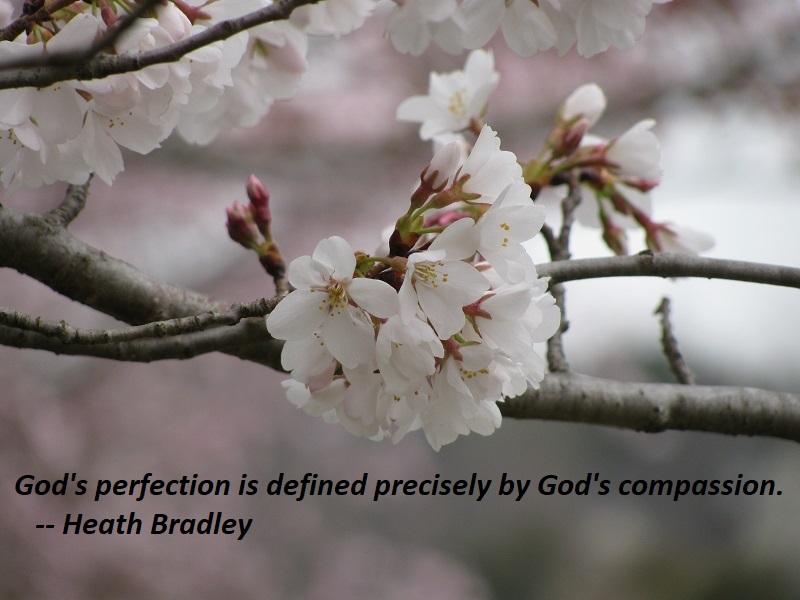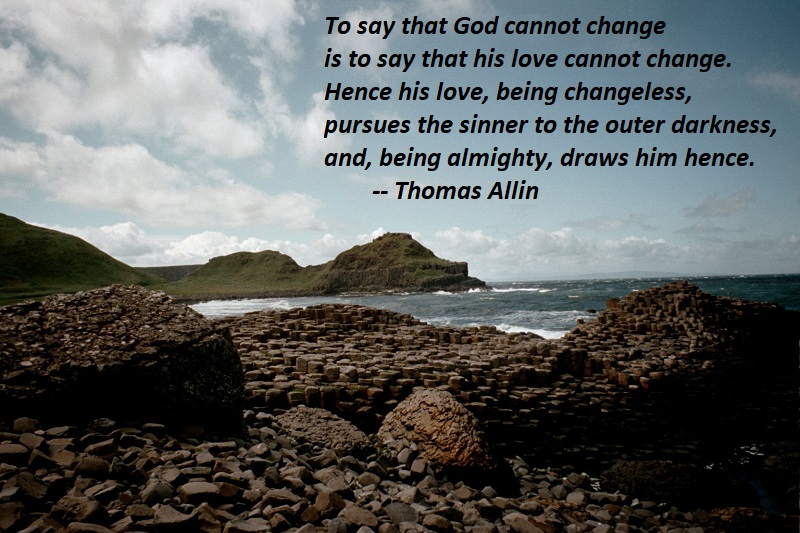
“God so loved the world” — dwell on these words. The world, then, must have been in some real sense worthy of love. He cannot love — he may pity — the unlovely. Has he ceased to love it? If so, when? I challenge a reply. “Love is not love that alters, where it alteration finds”; even human love, if true, never changes. Yet this love is but a faint, far-off, reflection of our Father’s love. God is not love and justice, or love and anger. He is love, i.e., love essential [I John 4:8]. Therefore his wrath and vengeance, while very real, are the ministers of his love. To say that God cannot change is to say that his love cannot change. Hence his love, being changeless, pursues the sinner to the outer darkness, and, being almighty, draws him hence. An earthly parent, who, being able to help, should sit unmoved, month after month, year after year, watching, but never helping, the agonies of his own offspring is a picture more hideous than any the records of crime can furnish. What shall we say to those who heighten enormously, infinitely, all that is shocking in such a picture, until its blackest details become light itself; and then tell us that the parent in this ghastly scene is one who is love, love infinite, almighty, and our Father?
And this brings us face to face with a blunder of our traditional creed, which is radical. It talks of God’s love as though that stood merely on a par with his justice, [as] though it were something belonging to him which he puts on or off. It is hardly possible to open a religious book in which this fatal error is not found; fatal, because it virtually strikes out of the gospel its fundamental truth — that GOD IS LOVE. The terms are equivalent. They can be interchanged. God is not anger, though he can be angry; God is not vengeauce, though he does avenge. These are attributes; love is essence. Therefore, God is unchangeably love. Therefore, in judgment he is love, in wrath he is love, in vengeance he is love — “love first, and last, and midst, and without end.”
— Thomas Allin, Christ Triumphant, p. 76-77
[Photo: Giant’s Causeway, Ireland, July 2001]
